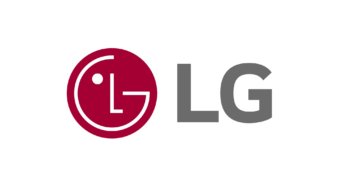The Central Bank of Nigeria (CBN) has lifted the restriction imposed on OPay, Moniepoint and other Fintech companies, thereby allowing them to resume onboarding new customers.
Recall that on April 29, 2024, the CBN issued an order to fintech companies to cease accepting new clients. Days had passed since 1,146 accounts were barred for engaging in peer-to-peer cryptocurrency trading.
The fintechs were given a number of requirements on May 20, 2024, in order to lift the onboarding freeze. These requirements included requiring physical address verification for all account levels and prohibiting P2P cryptocurrency transactions. Additionally, the fintechs were requested to update their customer facial verification systems.
After about five weeks of stopping the fintechs from onboarding new customers, CBN has reconsidered its decision; giving the nod to fintech companies to start onboarding new customers.
Two of the impacted fintechs, Kuda and OPay, confirmed the development in separate communications to their customers on Monday.
For instance, OPay via its X handle, said, “We are thrilled to announce that the Central Bank of Nigeria has given OPay the thumbs up to resume onboarding new users. This milestone highlights our dedication to following the rules, keeping your information safe and secure, and preventing any shady activities.”
OPay reaffirmed that it rigorously abides by the authorised KYC verification procedures and asked its clients to make sure that all accounts are verified in a timely manner, adding that all requirements by CBN are satisfied.
The fintechs had reiterated their strict adherence to the approved KYC verification processes and urged customers to ensure that the due verification process is followed for all accounts and all requirements are completely fulfilled.
It would be recalled that the CBN on April 29 directed the five fintech companies to stop onboarding new customers. This came days after 1,146 accounts were blocked for peer-to-peer crypto trading. However, the fintechs argued that the directive might be misdirected, as the majority of the implicated accounts belong to commercial banks, not fintech platforms.
The country’s National Security Adviser (NSA) also categorised crypto as a security concern and was keen to have the fintechs ramp up Know Your Customer (KYC) and fraud measures to prevent crypto transactions going through the fintechs.
On May 20, 2024, the fintechs were given several conditions for the onboarding freeze to be lifted including asking them to block P2P crypto transfers and mandating physical address verification for all tiers of accounts.
The fintechs were also asked to update their facial verification for customers.





